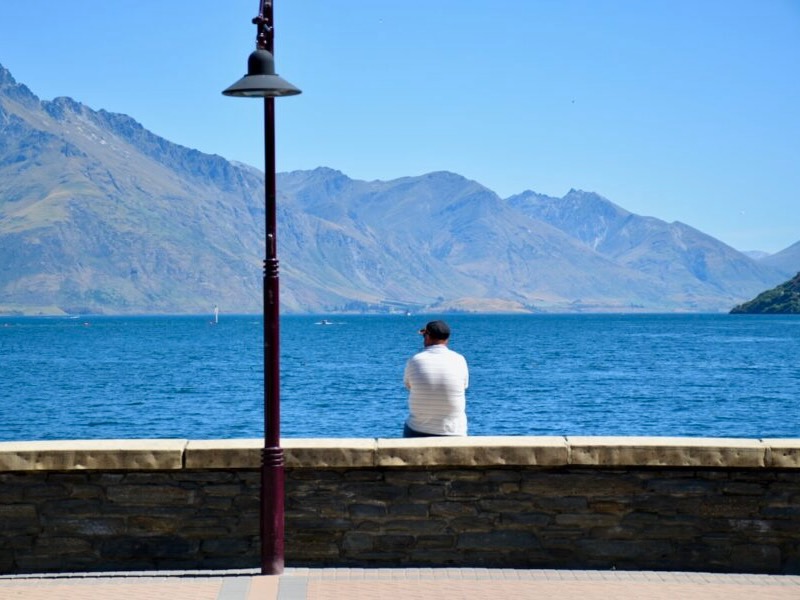
BDO also lays out the top methods NZ’s tourism business leaders use to stay mentally healthy.
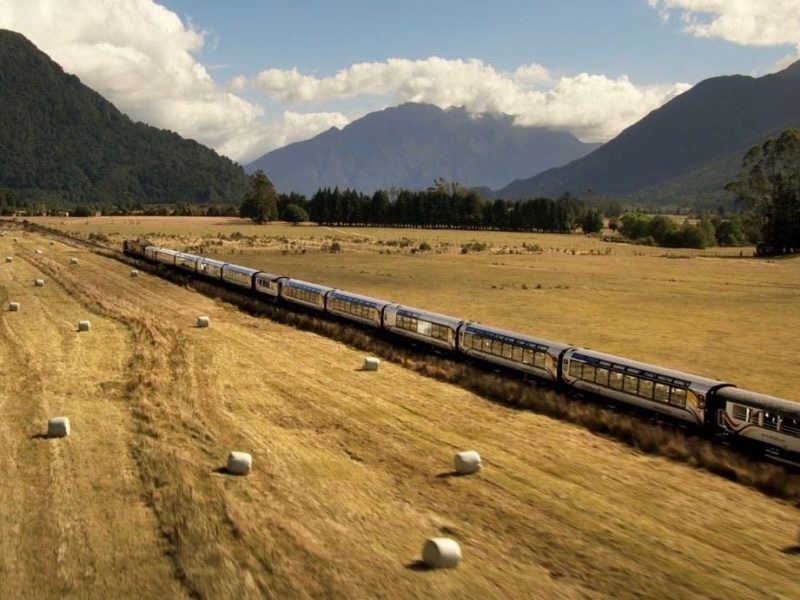
Booking.com says rising living costs and climate anxiety are driving demand for more budget and planet-friendly options.
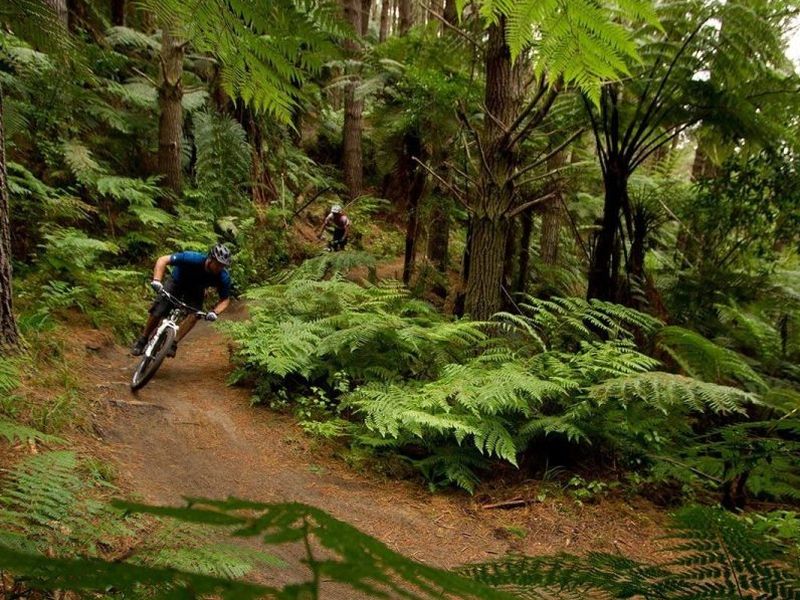
Drought, fire and higher temperatures could affect the region’s tourism industry.
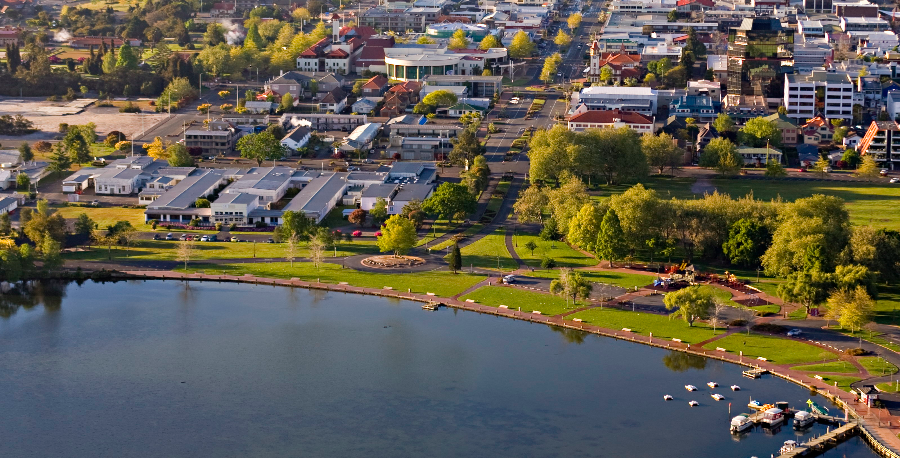
More than 80% of North Island lakes and 45% in the South Island are suffering from poor health, according to a new study.
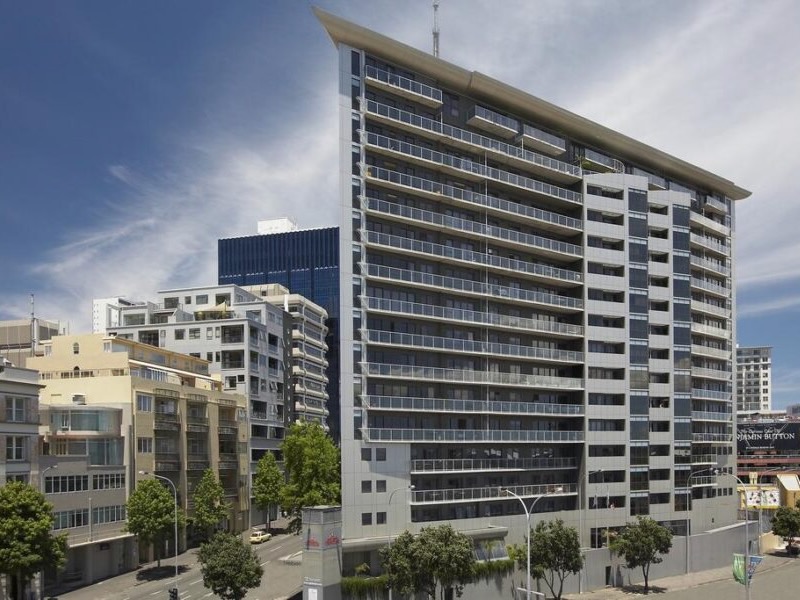
Occupancy in most of NZ’s key markets is down on pre-Covid but supply has grown significantly since then.
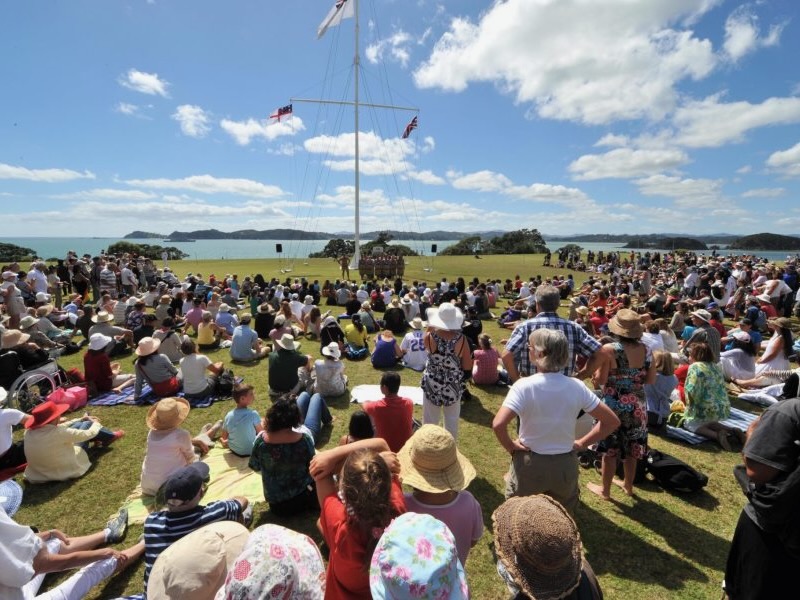
But Angus & Associates says the industry must remain “very mindful of sharing tourism’s benefits and eliminating its burdens”.
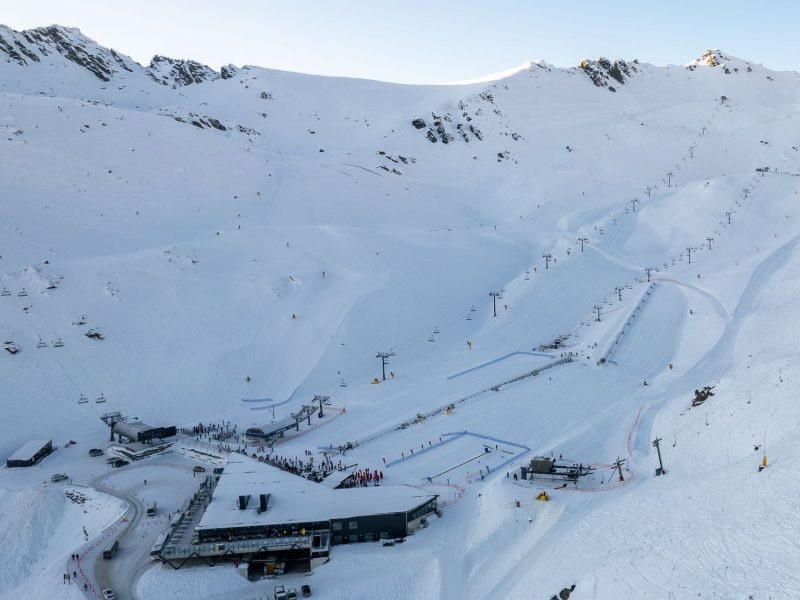
The warming climate and changing weather patterns pose “a great risk” to the viability of ski fields and glacier tourism.
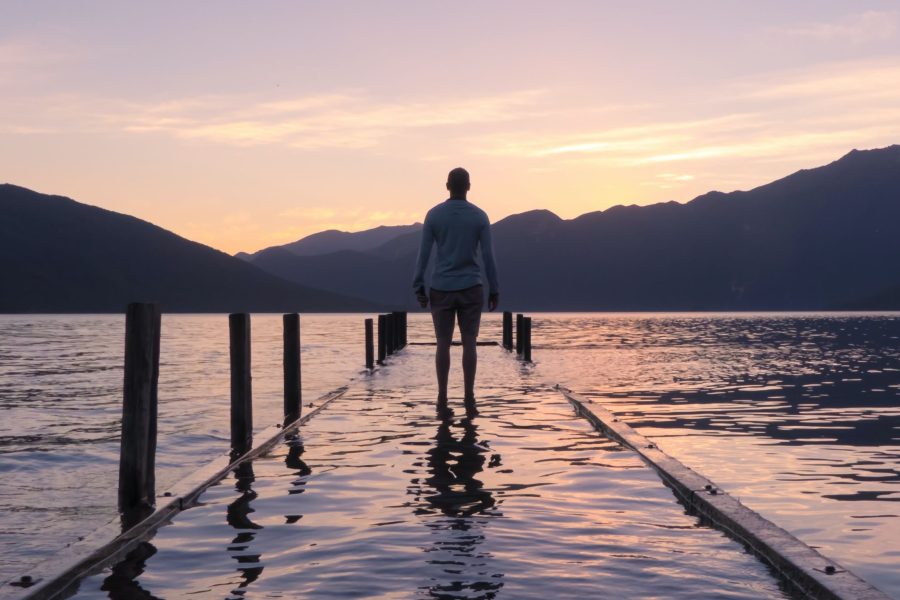
A study into how tourism could be affected outlines scenarios from orderly to severe.
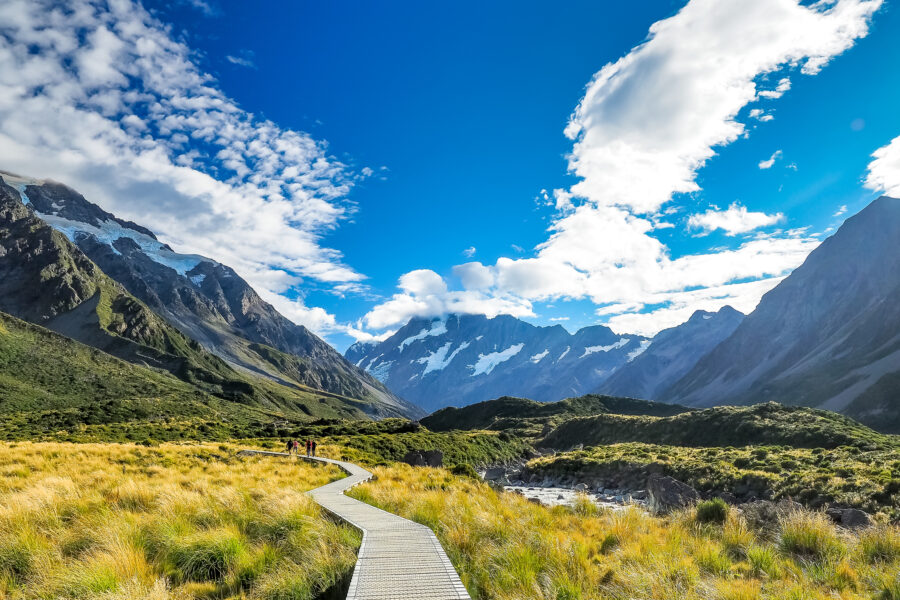
International consumers actively considering New Zealand as a destination are at an all-time high across key markets, according to new research from Tourism New Zealand.
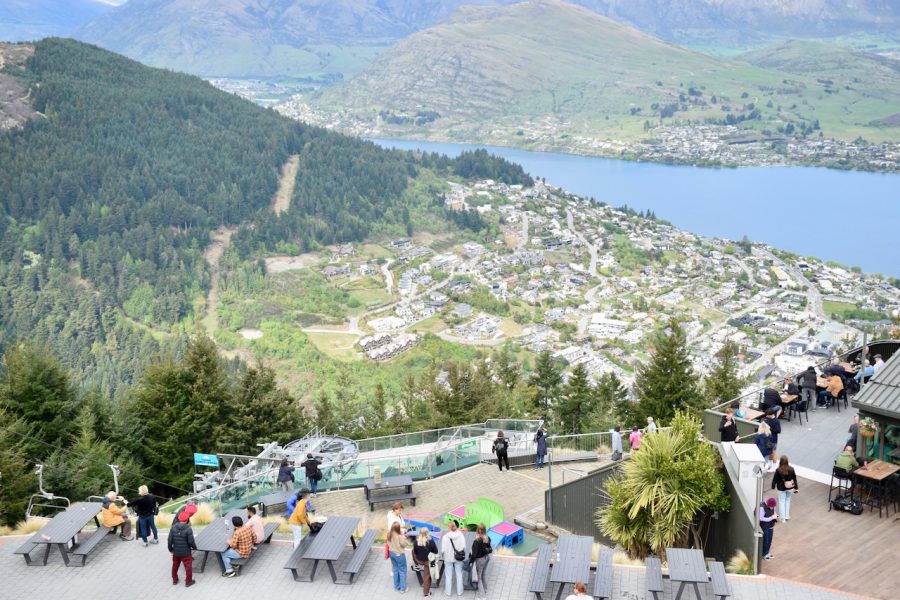
What are the major concerns and positive impacts from tourism in this year’s quality of life survey from QLDC?
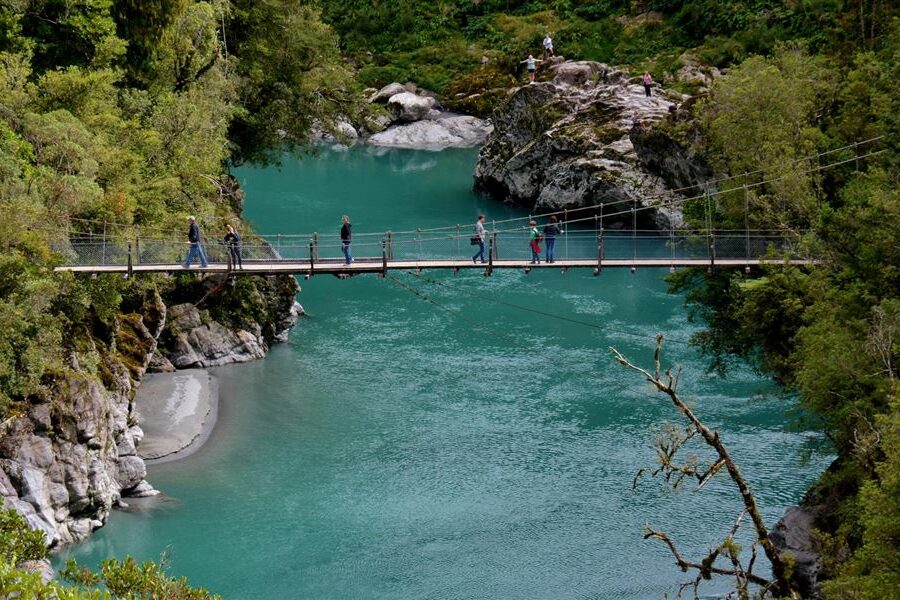
The West Coast is gaining appeal as a destination for domestic visitors to stay longer and include it as part of their travels around the country, according to new research from Development West Coast.
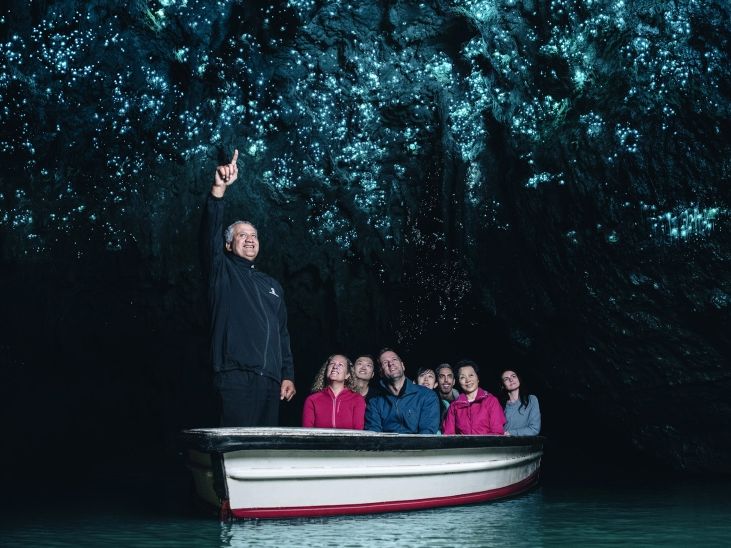
Discover Waitomo and NIWA researchers have partnered to examine an invasion of koi carp and explore beneath the popular Waitomo Caves.
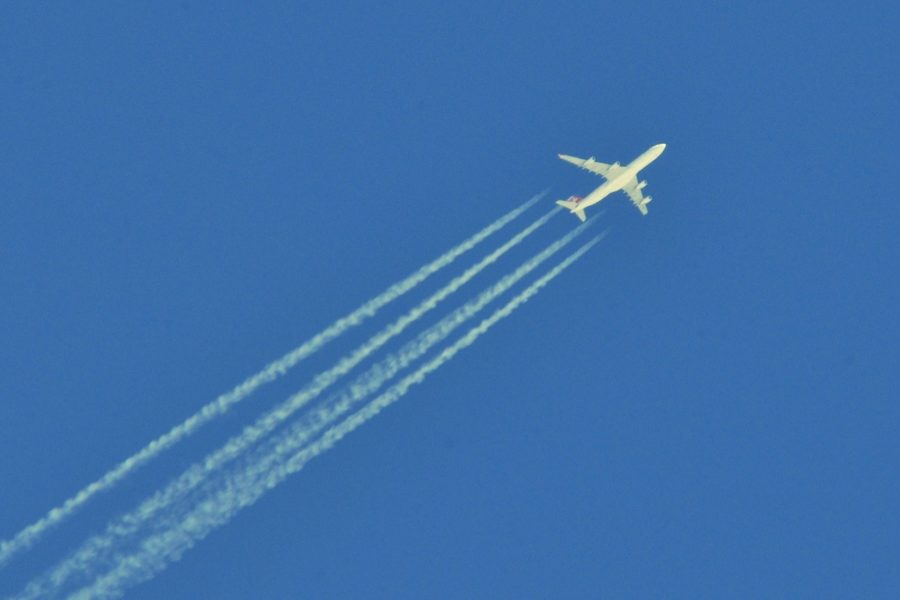
Unless action to reduce emissions is taken by 2030, the world will suffer more extreme weather events and economic damage with tourism one of the sectors already exposed.

Being unable to afford a New Zealand holiday is the main reason cited by Kiwis who are not planning to take one this year, according to Tourism New Zealand’s latest domestic research.
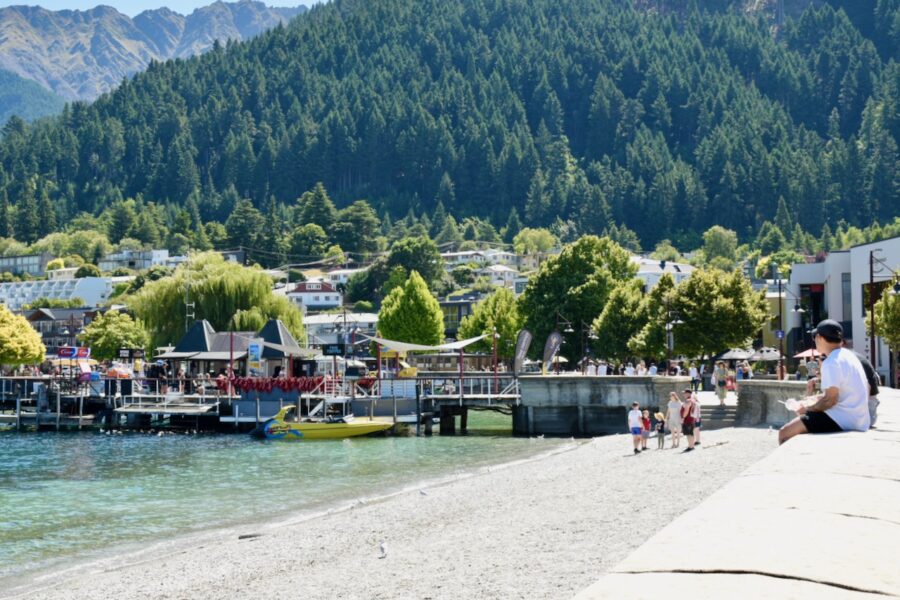
Domestic travel spend sentiment has soured and the continuing mechanical issues plaguing Cook Strait ferries do not help, says former BNZ chief economist Tony Alexander.

Stress, insufficient pay, poor work-life balance and a lack of better opportunities contribute to staff churn rates.
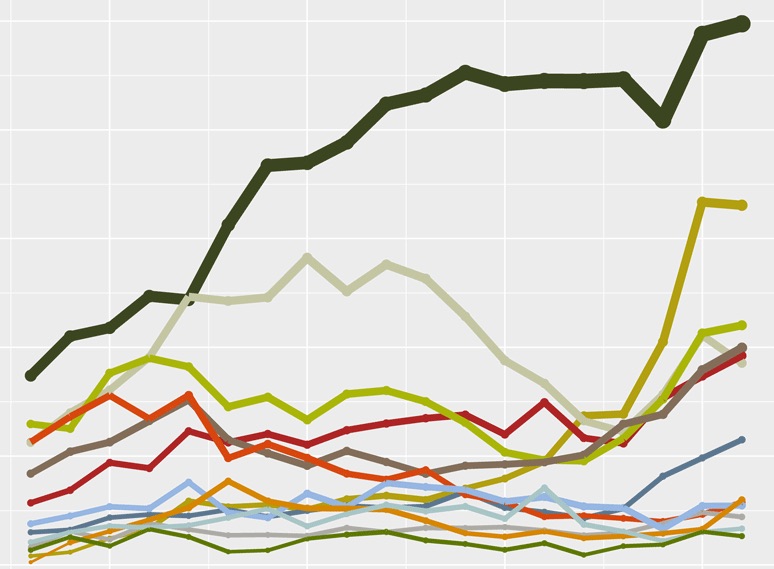
New international visitor forecasts, better data on domestic visitation and regional flows, and measuring the impact on communities are among the initiatives proposed by a report into the state of New Zealand’s tourism insight.
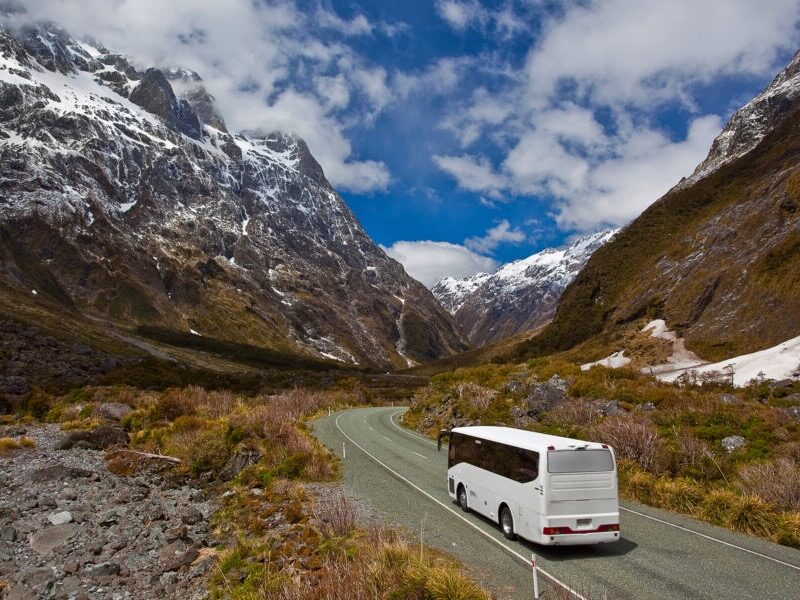
The strong recovery of the tourism sector has helped boost the transport sector and wider economy, according to Infometrics’ December 2022 Quarterly Economic Monitor.
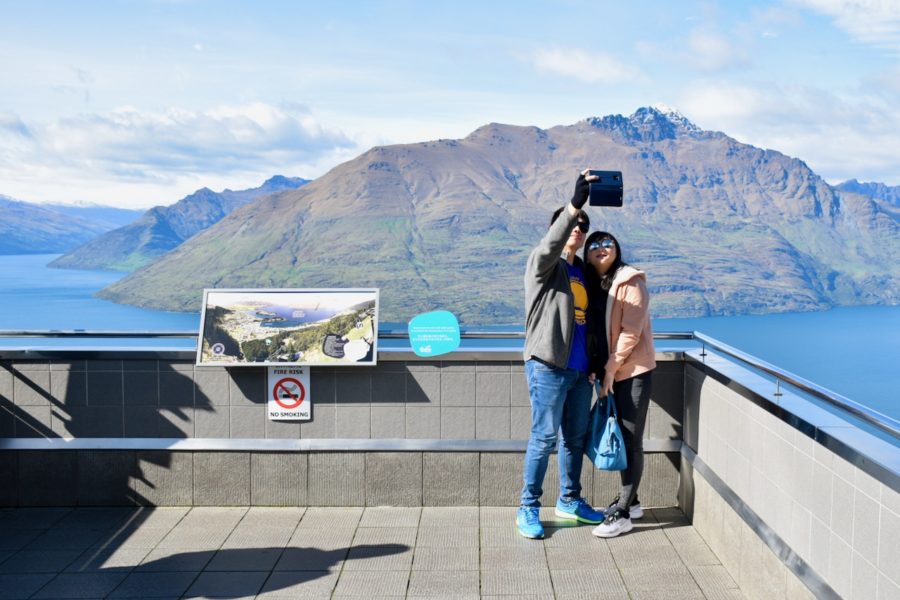
Even if demand surged over 2023, it would take time for supply – in this case, airline capacity – to catch up, says the bank.
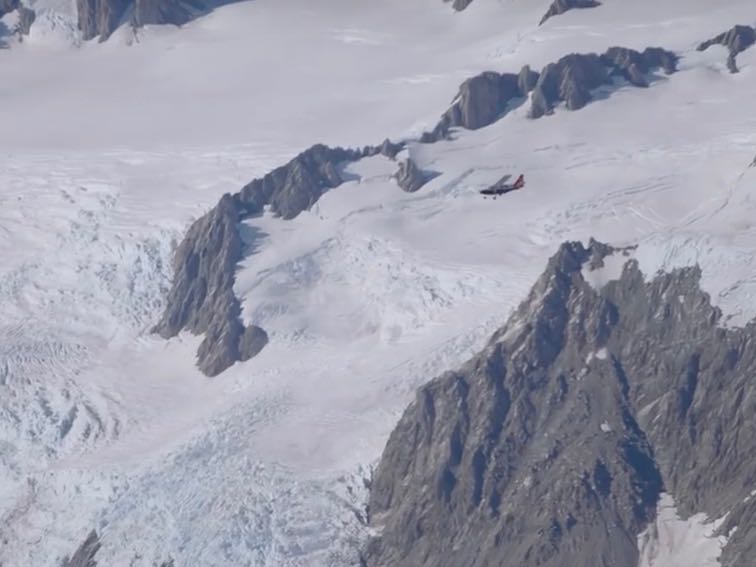
New research suggests New Zealand is one of the least vulnerable countries to the dangers of glacial lake floods.
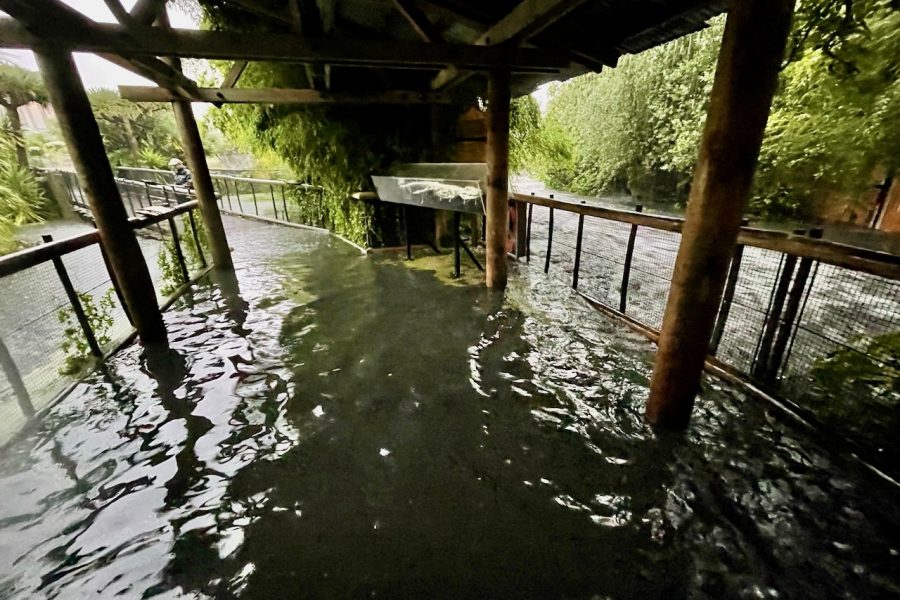
TECNZ, TIA and Destination Hauraki Coromandel want to hear from businesses about the impact of weather events on their businesses since Friday.
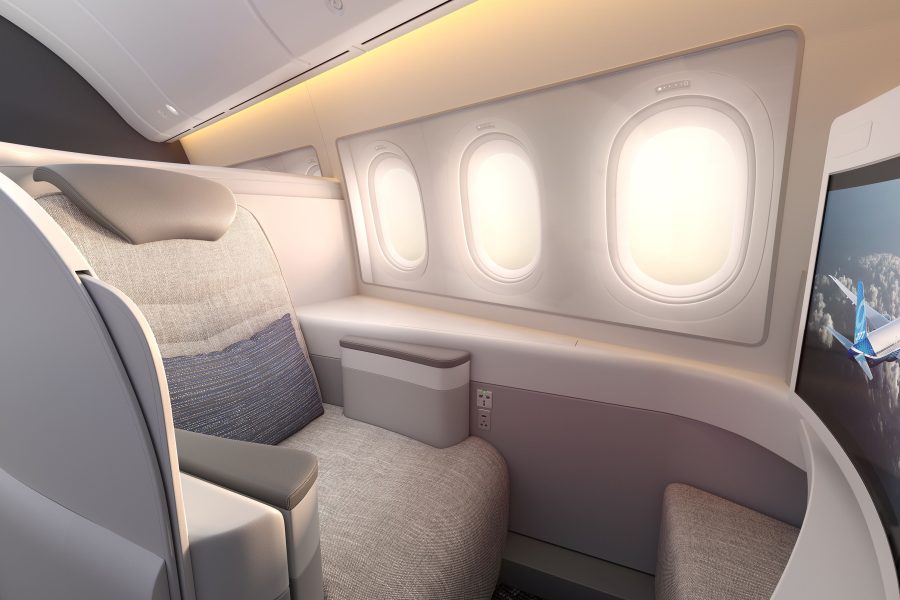
A new way to apportion carbon emissions taxes on airline passengers could be the answer to creating a fairer system that does not discriminate based on travel class.
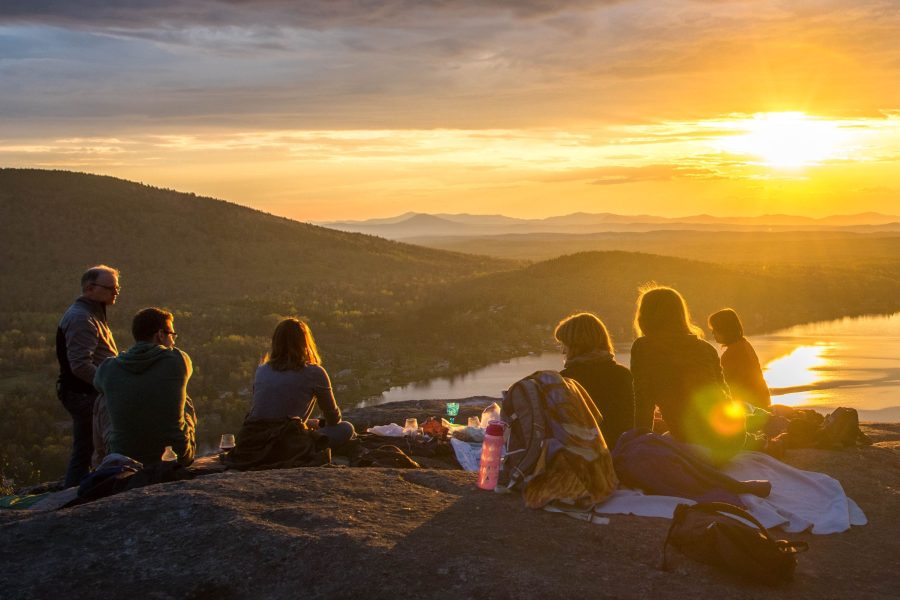
Consumers are highlighting the value they place on protecting nature and travelling responsibly, says the WTTC.
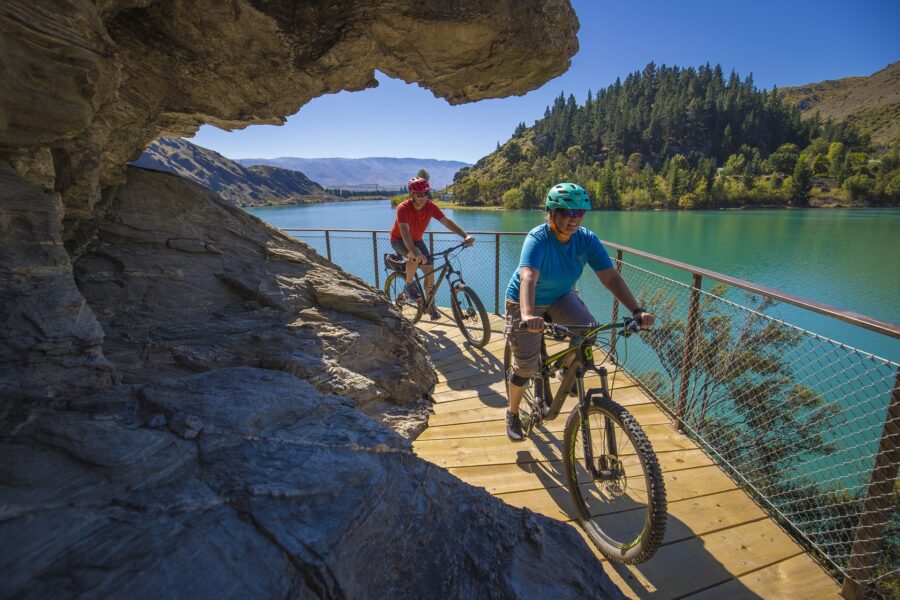
Regions with strong international tourist appeal and food-producing industries should fare best in 2023 as the economy slows, says the bank.
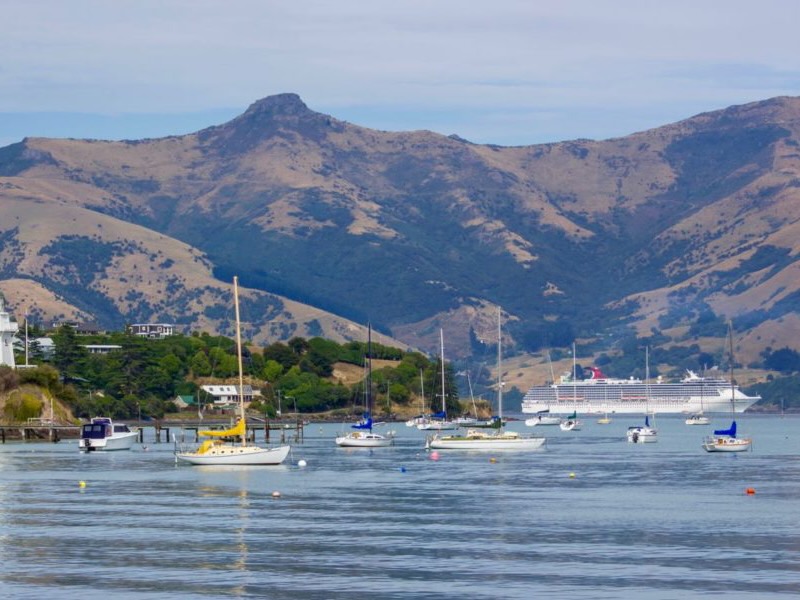
There has been a strong start to the summer tourist season but capacity constraints are dragging the industry, according to ANZ.
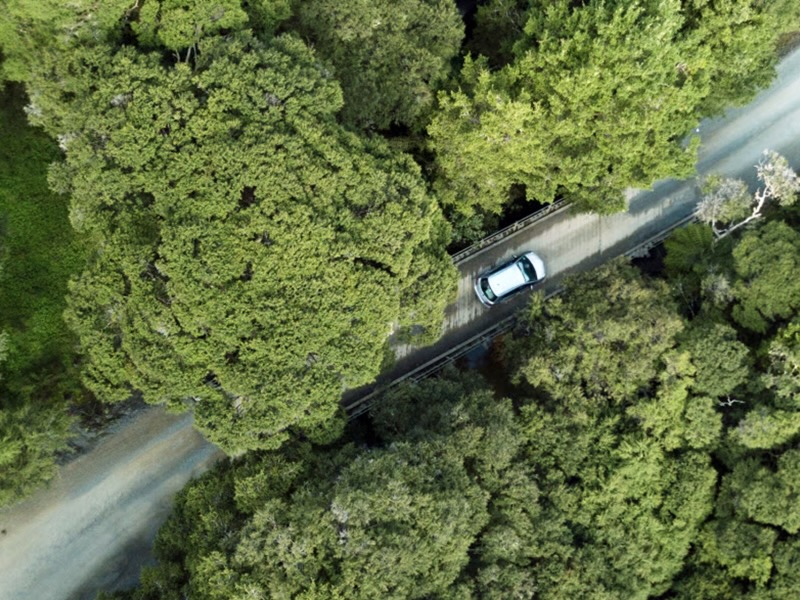
Operators must be more ambitious, collaborate to create greener packages, and bring employees in on the mission to help build a better sector.

The industry group puts its “stake in the ground” on the worldwide industry’s emissions target.
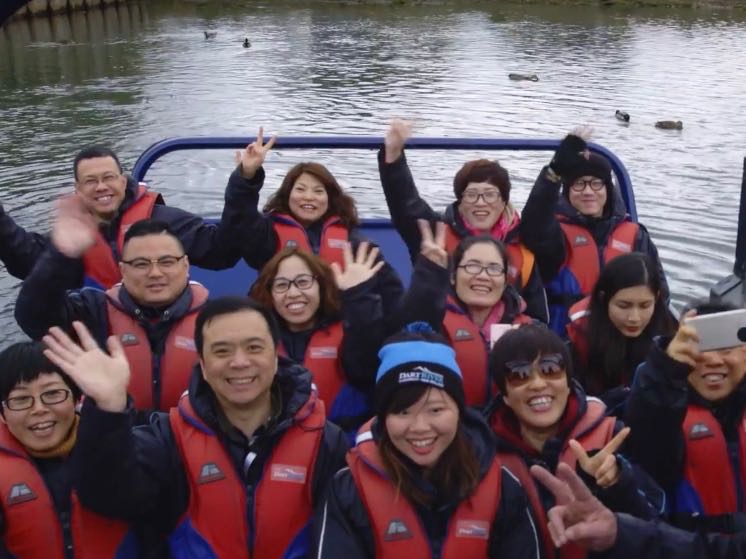
The pandemic has likely reshaped the Chinese visitor market and accelerated trends that were only just starting to appear before international travel largely came to a halt in 2020.
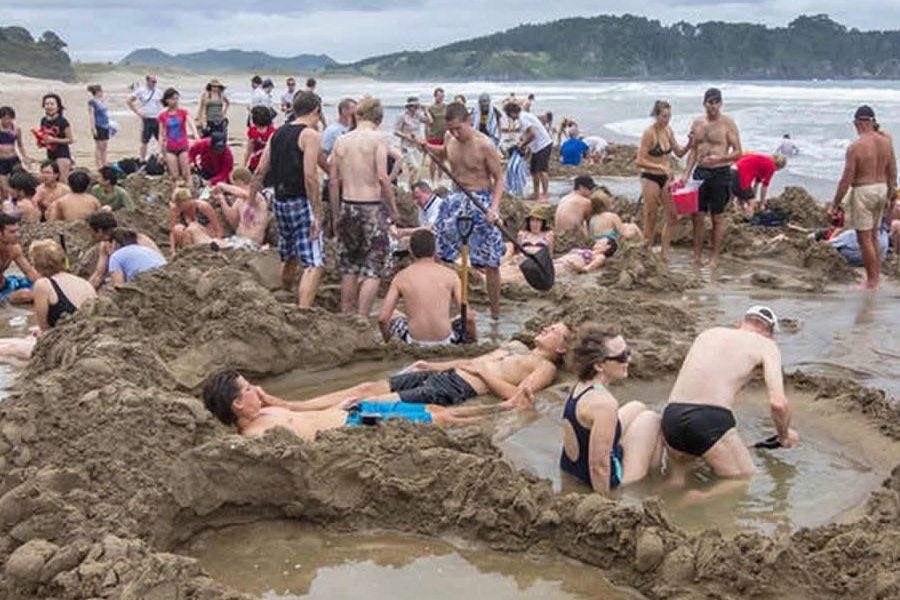
Other financial priorities and affordability are the top reasons preventing Kiwis from planning a holiday.
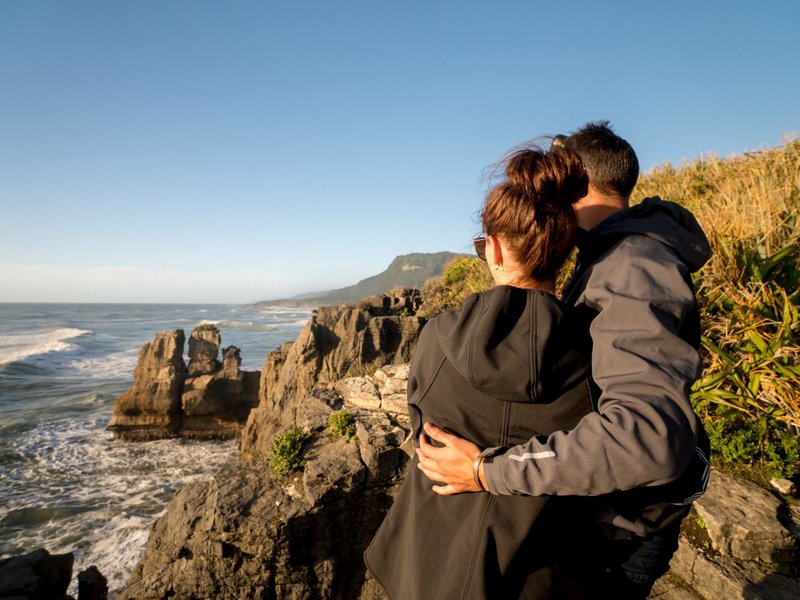
Visitors have been spending more and staying longer since NZ’s borders fully reopened.

Tourism businesses want to see changes to publicly-available data sources that meet the need for more timely, accurate, and centralised information, according to findings from the Tourism Data Leadership Group’s industry survey.
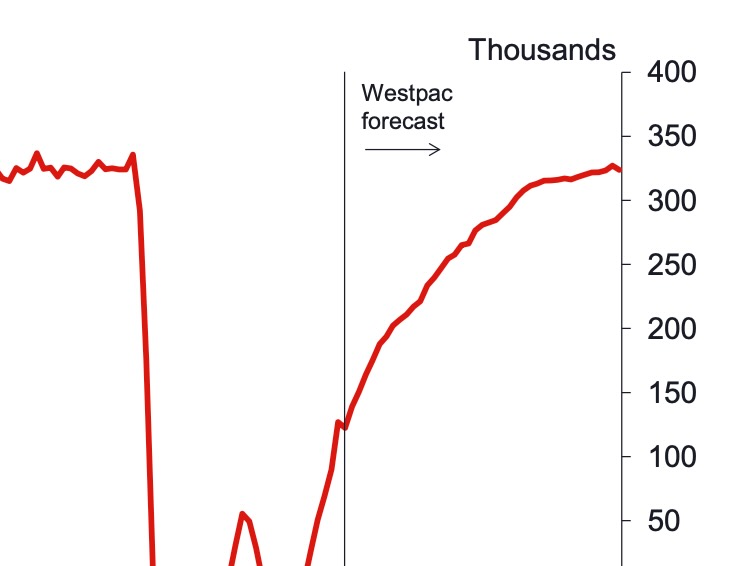
But the bank warns a new Covid wave, the cost of living crisis, and China uncertainty could drag growth.
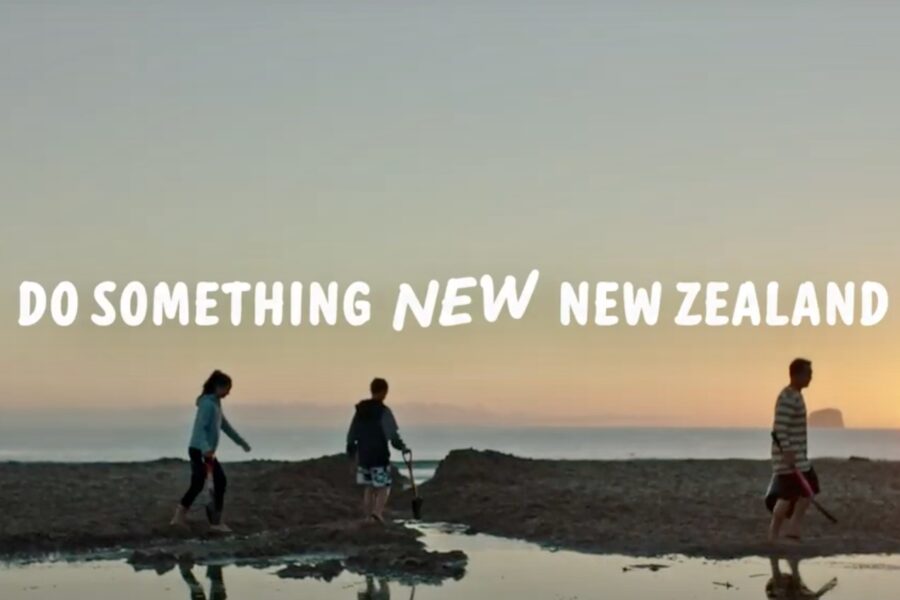
The Ministry of Business, Innovation and Employment is assessing how Tourism New Zealand acts in the domestic market and whether any changes should be made.
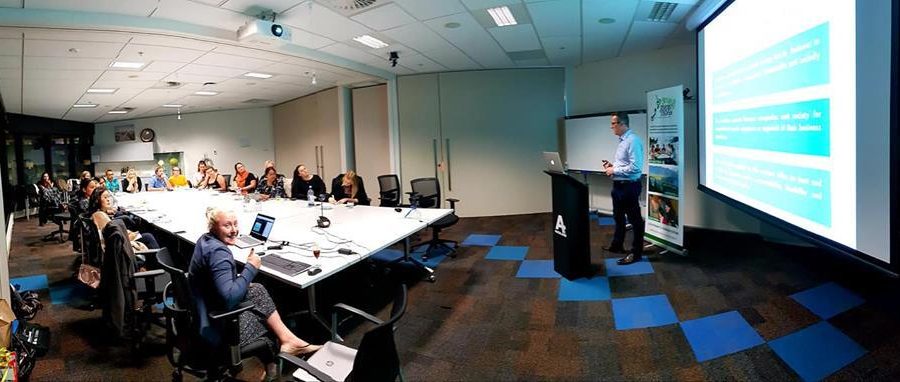
Young Tourism Export Council of New Zealand has launched a new survey aimed at young professionals, students and future leaders to have their say on the direction of the industry.
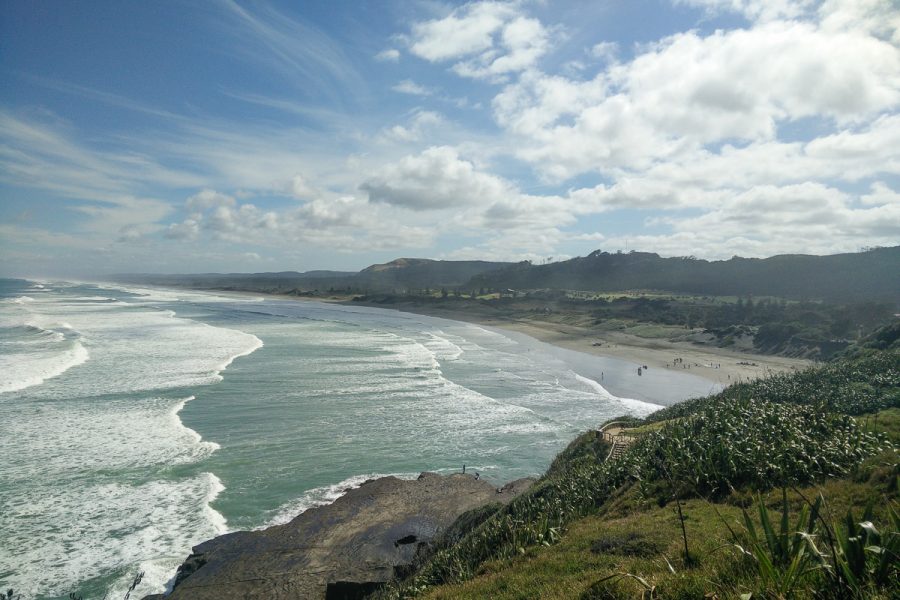
Coastal habitats, biodiversity, infrastructure and communities are at increased risk of climate-related changes associated with rising sea levels, according to a new report.

Staffing challenges could create reputational damage if summer demand is not satisfied, warns the consultancy.
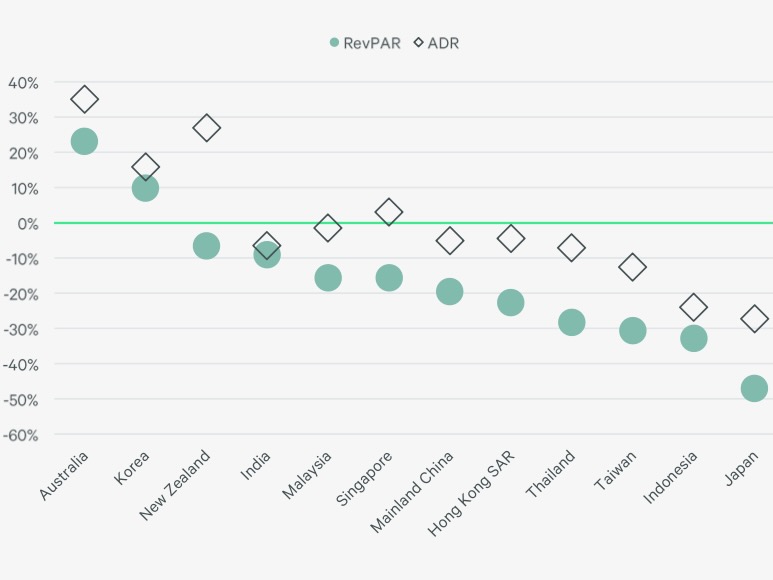
Increasing operating expenses, particularly for labour and utilities, are also weighing on sentiment.
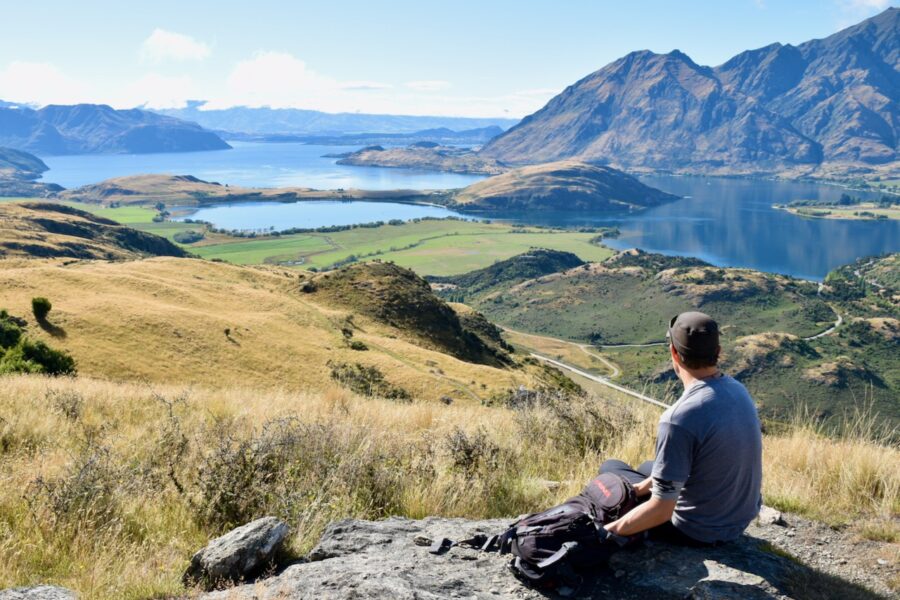
Monitoring sustainability and visitor empowerment are among the World Economic Forum’s new recommendations on tourism development.
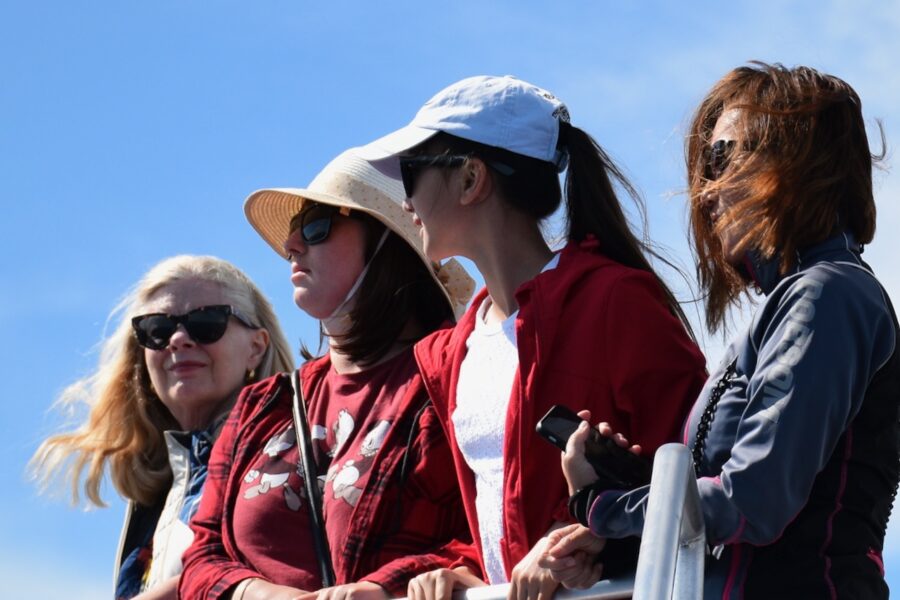
Despite borders being open, Kiwis are still enjoying their backyard and overwhelmingly agree that NZ delivers as a holiday destination.
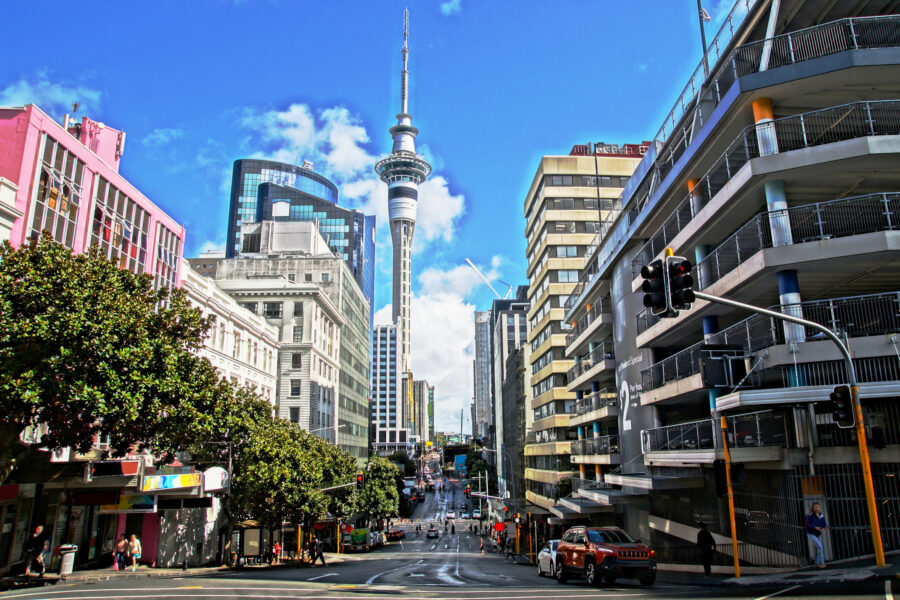
Touristification creates a tourism-led rent gap in high-density locales and a conflicts-led negative rent gap in low-density neighbourhoods.
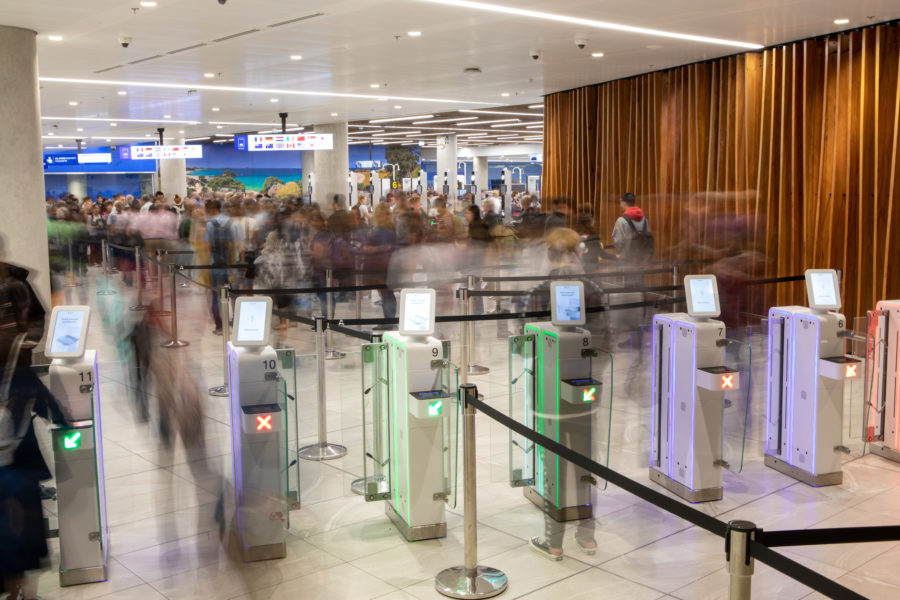
Forward bookings are looking strong for the recovery of tourism but labour shortages continue to plague operators, says the bank.
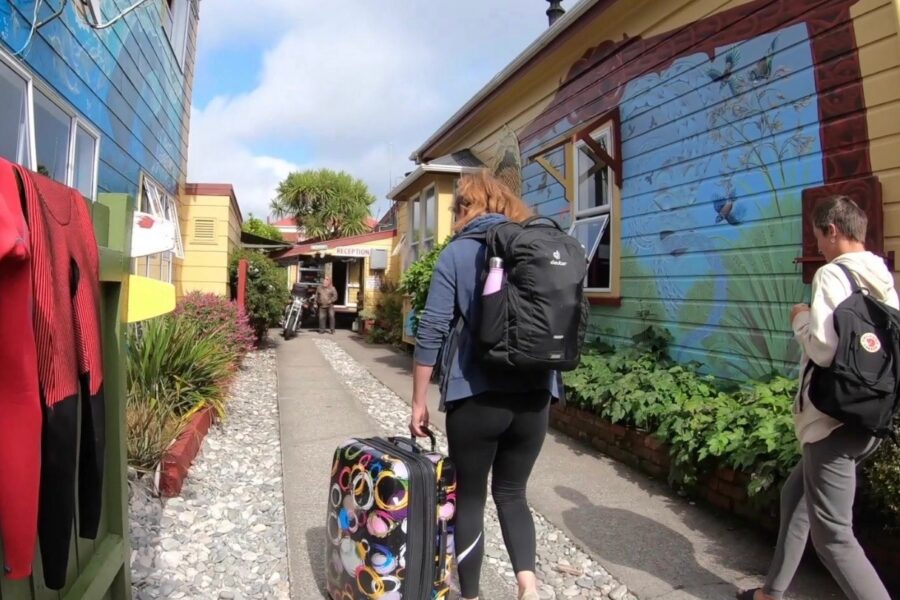
Youth travellers spend more on average than Australian visitors and it is their lifetime value that is the real benefit.
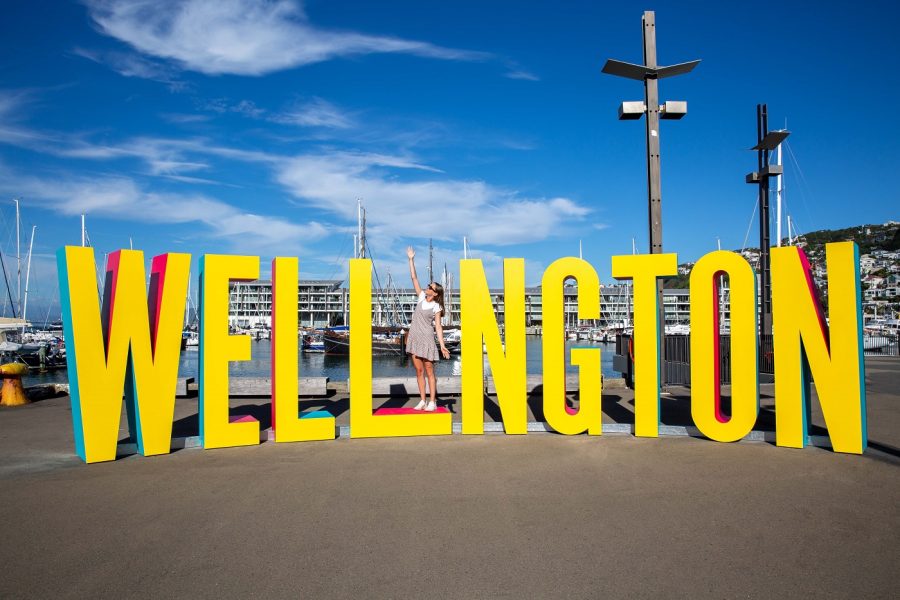
The role of WellingtonNZ needs to be better clarified and its organisational structure simplified, says a new report from the Wellington Chamber of Commerce.
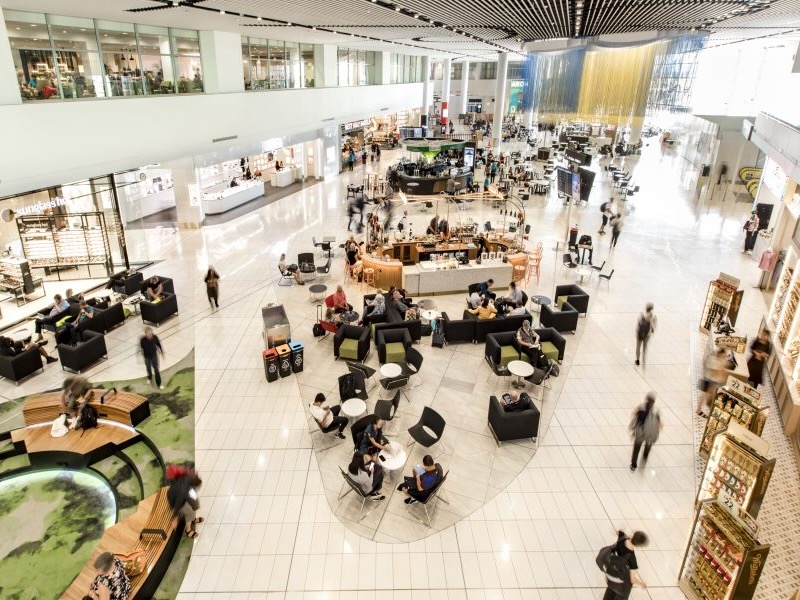
“Now that our borders are open, tourists are flocking in, regardless of the state of the global economy,” says the bank.
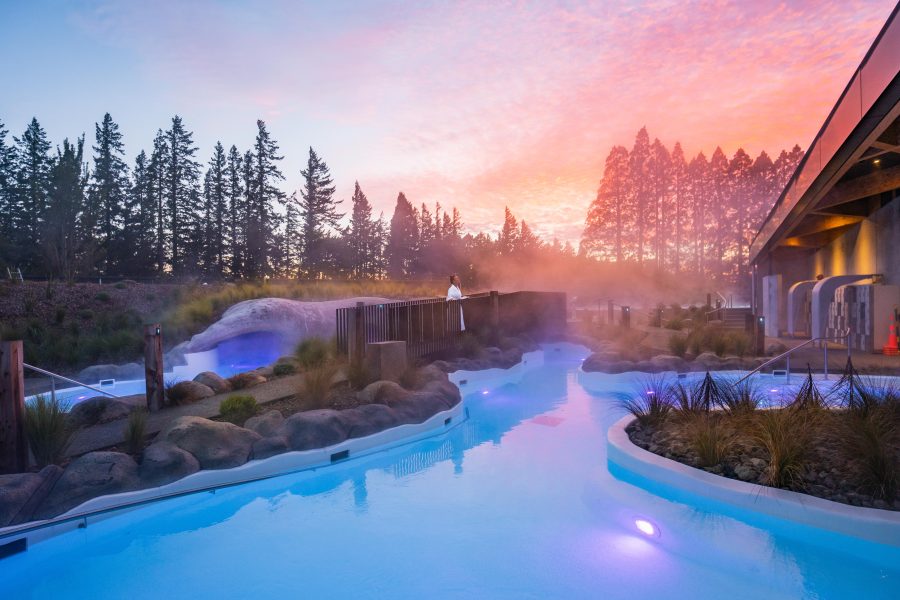
Kiwis are as keen as ever to travel at home despite international trips becoming easier, with a new report highlighting their top experiences and activities preferences.
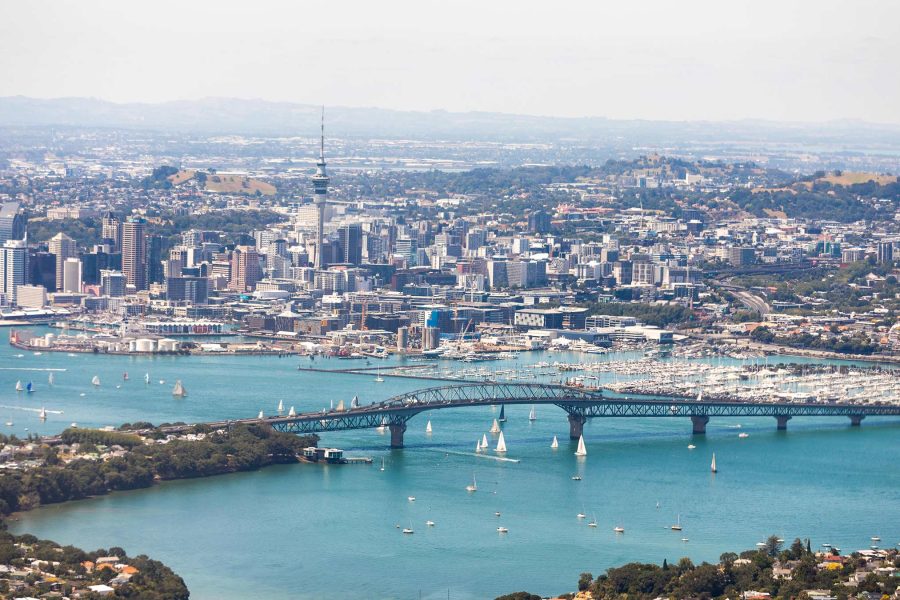
Businesses suffering increased wage, fuel, and supply chain cost hikes, as well as staff shortages, are increasing their prices to ease pressure on their revenues and profitability, the Auckland Business Chamber’s latest confidence survey shows.
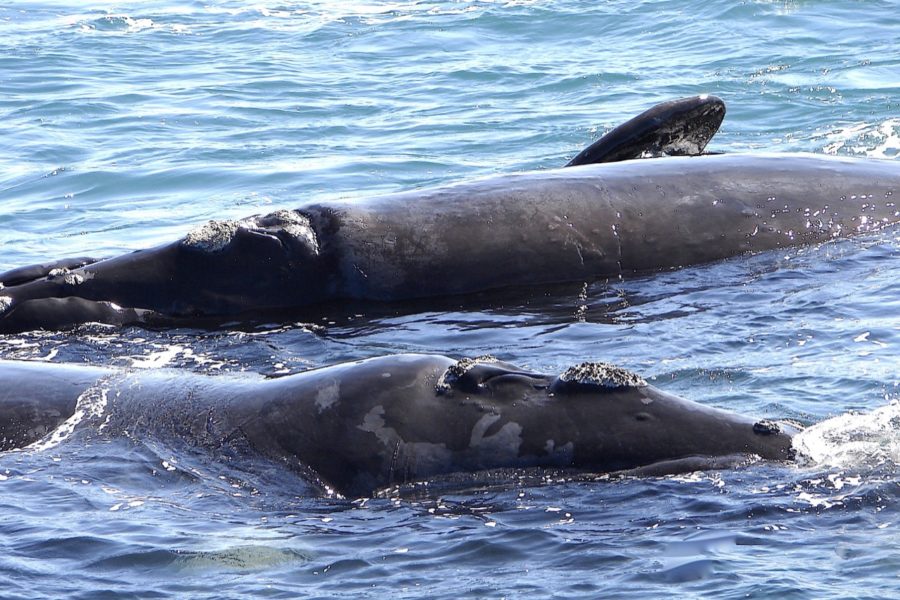
Tohorā southern right whales are taking longer to re-establish a habitat in mainland waters, scientists at the University of Auckland have found.
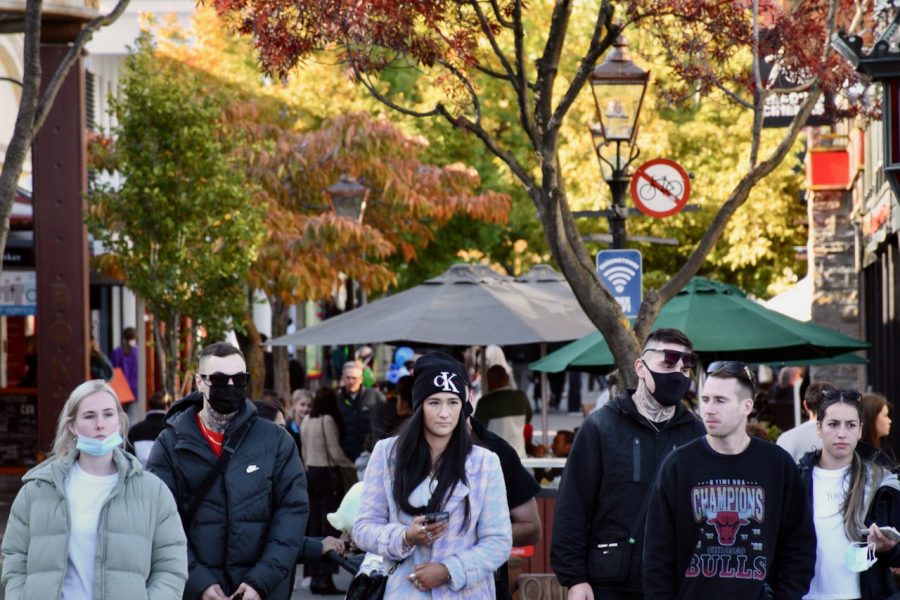
People are generally cutting their overall expenditure but the desire to travel is still strong, says a survey.

The sector has an opportunity to cultivate a fresh NZ story to attract Australians across the ditch.
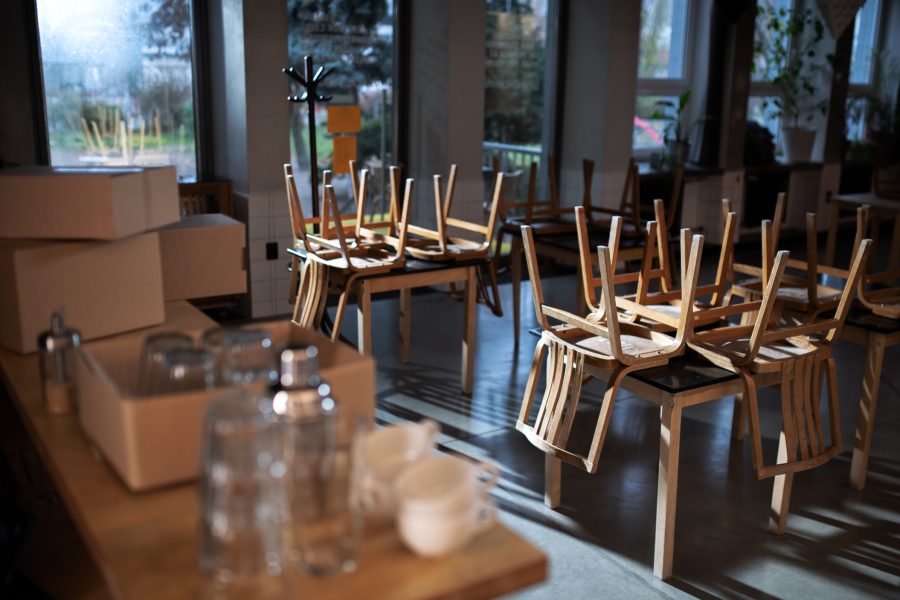
The average sale price for hospitality businesses has increased 40% to 284,050 in the 12 months to June 2022.